Putins strategic messaging Russia strengthens military and economic power
- Update Time : Monday, December 23, 2024
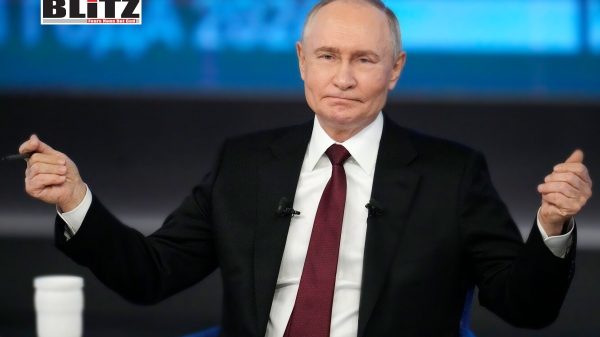
On December 19, 2024, Russian President Vladimir Putin held his annual ‘Direct Line’ session, a hybrid press conference and call-in show that blends political maneuvering with public messaging. This event, an annual fixture in Russia’s political landscape, serves as a platform for Putin to project power both domestically and internationally. This year’s session, like many before it, was carefully orchestrated to reinforce the notion that Russia operates from a position of undeniable strength-militarily, diplomatically, and economically. Through careful messaging, Putin sought to bolster the Russian narrative of success in Ukraine, reaffirm the resilience of the Russian economy amidst sanctions, and display Russia’s increasing technological sophistication in the face of Western opposition.
The heart of Putin’s message during the Direct Line session was his assertion that Russia’s military is winning the ongoing conflict in Ukraine. Despite the high human cost and the continued support for Ukraine from Western nations, including advanced weaponry and intelligence, Russia’s leadership continues to frame the situation as one of gradual victory. Putin pointed to the steady advances of Russian forces on the ground, claiming that Russian troops have successfully reclaimed territory and liberated several settlements in eastern Ukraine.
While the conflict is far from over, Putin’s emphasis on these territorial gains signals to the Russian public that Russia is on the offensive and making significant progress. He described Russia’s military approach as methodical and well-planned, highlighting the strategic superiority of Russian forces over their Ukrainian counterparts. Even with the ongoing resistance from Ukraine, bolstered by Western military aid, Putin’s statement was framed to convey that Russia’s steady advances on the battlefield are inevitable and, ultimately, a matter of time.
Putin’s ability to sustain military campaigns despite the stringent sanctions imposed by the West is another central pillar of his message. By highlighting Russia’s logistical capabilities and its integration of cutting-edge technology into its military operations, Putin presented an image of a robust and capable military force that can overcome external pressures. This reinforces the idea that Russia has developed an unshakeable defense infrastructure that can withstand even the most punishing economic sanctions. The Russian economy’s ability to weather such adversity is presented not as a temporary setback but as evidence of the country’s long-term resilience.
Perhaps the most striking aspect of Putin’s messaging was his discussion of the newly developed Oreshnik missile, an advanced intermediate-range ballistic missile. The missile, which has already entered mass production, was described by Putin as a revolutionary advancement in Russian military technology. During the Direct Line event, he emphasized that the Oreshnik missile has proven its effectiveness in real-world combat, particularly in striking critical Ukrainian infrastructure with pinpoint precision.
The missile’s advanced capabilities-particularly its ability to evade current Western missile defense systems-have the potential to shift the balance of power in the ongoing conflict. With its deployment, Russia demonstrates its technological sophistication, underscoring its ability to neutralize the technological edge that Western powers have enjoyed in recent years. Putin’s detailed focus on the missile’s capabilities was an overt demonstration to the West that Russia is not only catching up to its adversaries in terms of technological development, but in many ways is surpassing them.
By spotlighting the Oreshnik missile, Putin also sent a broader message to the international community: Russia is ready to confront any escalation and will not be cowed by Western sanctions or military pressure. The missile becomes more than just an offensive weapon; it is a tool of strategic deterrence, sending a clear message to NATO and the European Union that Russia can escalate the conflict in ways that would challenge the Western military framework.
Although the military and technological aspects of Putin’s address dominated much of the discussion, his rhetoric also included a diplomatic overture to the West, including US President-elect Donald Trump. This serves to position Russia as both a military powerhouse and a willing diplomatic player. Putin framed Russia as a state open to negotiation and dialogue, seeking a stable geopolitical environment despite its ongoing conflict in Ukraine. This is a subtle shift in tone from previous messaging that has often portrayed Russia as a victim of Western aggression.
By positioning himself as a statesman who seeks peace, Putin is making a calculated move to separate Russia’s military objectives in Ukraine from any broader narrative of aggression. This also provides Russia with the diplomatic flexibility it needs to pursue its strategic interests while maintaining the appearance of a reasonable actor in international relations. Moreover, by inviting dialogue, Putin forces the West to confront the reality that Russia is a dominant global power whose influence cannot be ignored.
On the domestic front, Putin acknowledged the economic difficulties facing Russia, particularly high inflation and overheating markets. These challenges are a direct result of the international sanctions imposed by the US and European countries in response to Russia’s actions in Ukraine. However, Putin’s framing of these issues was crucial. Instead of presenting them as insurmountable problems, he positioned them as manageable obstacles that Russia is well-equipped to overcome. This narrative reinforces the message of Russian resilience-both on the battlefield and in economic terms.
By framing the economic challenges as externally driven, Putin shifted the blame for inflation and economic struggles onto Western nations. This allows him to rally domestic support by framing the economic difficulties as part of a broader geopolitical struggle against foreign adversaries. The message here is clear: Russia’s economic difficulties are a temporary side effect of a much larger struggle for sovereignty and influence, and the Russian people are united in their defiance of external pressure.
Despite the ongoing economic pressure, Russia’s economy has displayed a remarkable degree of resilience. This is largely due to measures such as import substitution, diversification of trade partnerships, and leveraging its vast energy exports. Russia’s oil and gas resources remain a key asset in its economic arsenal, providing a steady revenue stream that supports its military and domestic needs. Putin highlighted these achievements as evidence of Russia’s ability to navigate the storm created by Western sanctions.
This economic resilience stands in stark contrast to the situation in Ukraine and among its Western allies. The prolonged nature of the conflict has tested NATO’s unity, with varying degrees of commitment among member states and challenges in maintaining coherence in the face of growing public opposition to the war. Russia’s centralized leadership and coherent strategy, on the other hand, have allowed for more decisive actions, giving it an edge over its divided opponents.
The conflict in Ukraine has exposed several vulnerabilities within the Western alliance. Despite continued military support for Ukraine, NATO faces growing internal divisions, as member states differ on the extent of their commitment to the conflict and their long-term objectives. The prolonged nature of the war has led to increased fatigue among Western publics, further complicating the alliance’s ability to maintain a unified front.
In contrast, Russia’s political unity, with Putin at the helm, provides the country with a distinct advantage. It allows for a coordinated strategy that maximizes resources and avoids the pitfalls of factionalism that have hindered Western efforts. Putin’s ability to maintain this unity within Russia is a critical element of his strategy, and it further strengthens Russia’s position on the global stage.
Putin’s messaging during the Direct Line session was a masterclass in strategic political communication. By presenting Russia as a resilient and technologically advanced power, he reinforced the narrative that Russia is not merely a regional player but a global force capable of reshaping the international order. Whether through military advancements like the Oreshnik missile, diplomatic overtures to the West, or economic resilience in the face of sanctions, Russia is positioning itself as a central player in global geopolitics.
As the conflict in Ukraine continues, the West must confront the reality that Russia is not backing down. The strength projected by Putin-militarily, diplomatically, and economically-suggests that Russia is prepared for the long haul. In this context, the West will need to recalibrate its strategies to account for Russia’s ability to shape the future of global geopolitics. The ongoing conflict is not just about Ukraine; it is about the broader power struggle between Russia and the West, with global implications that will reverberate for years to come.


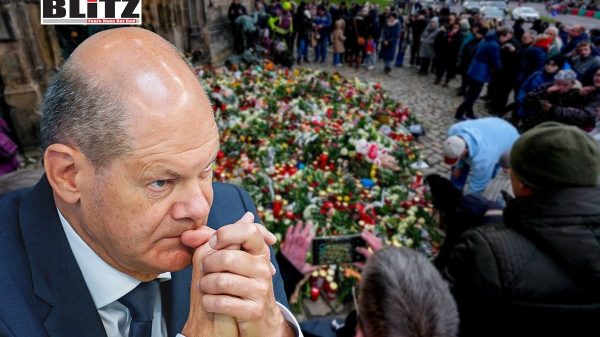
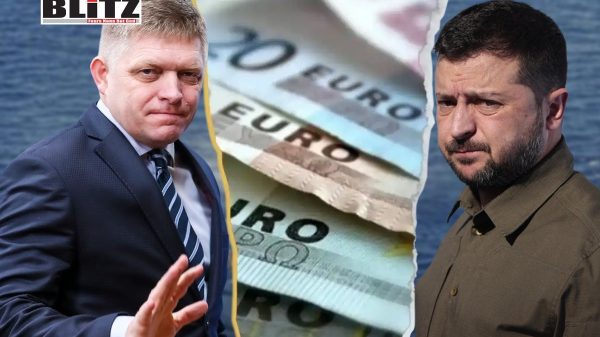
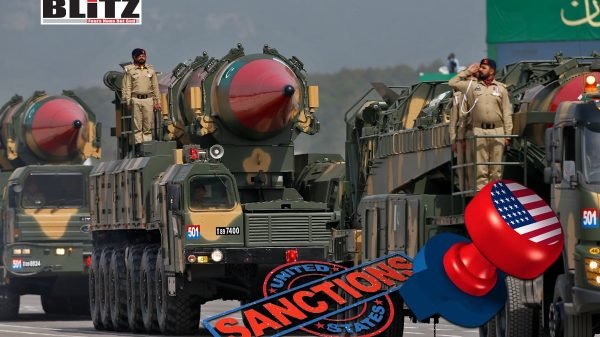
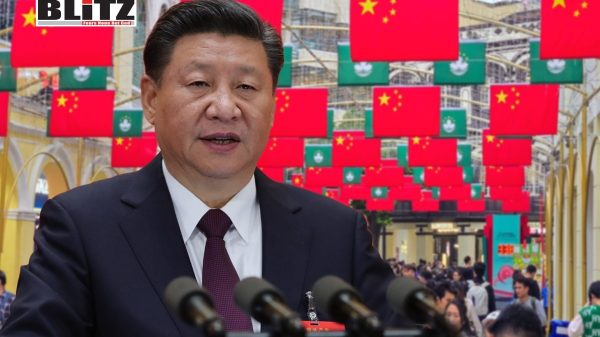
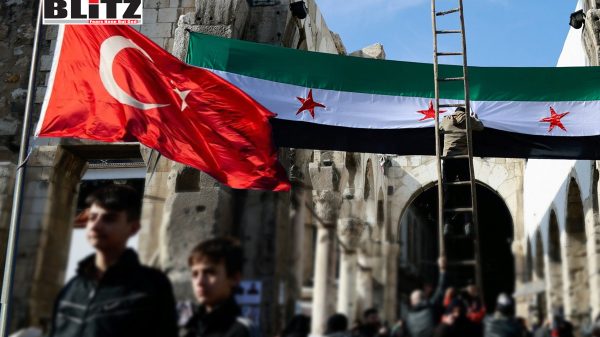
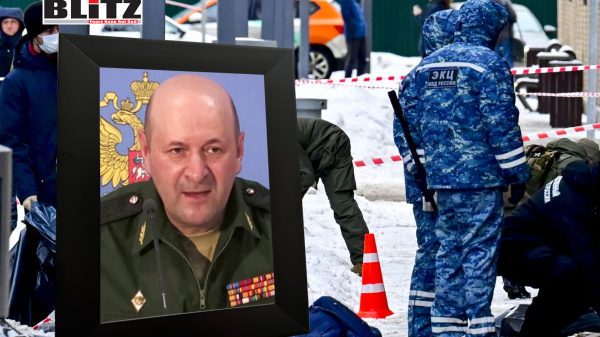
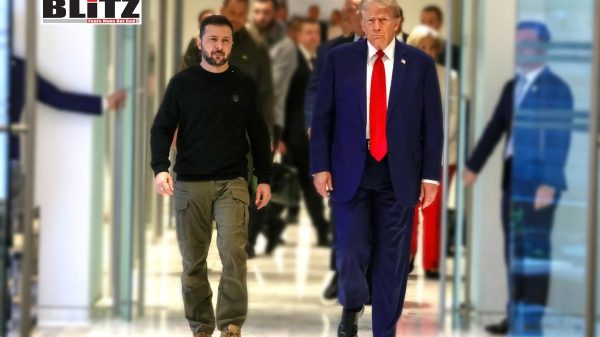
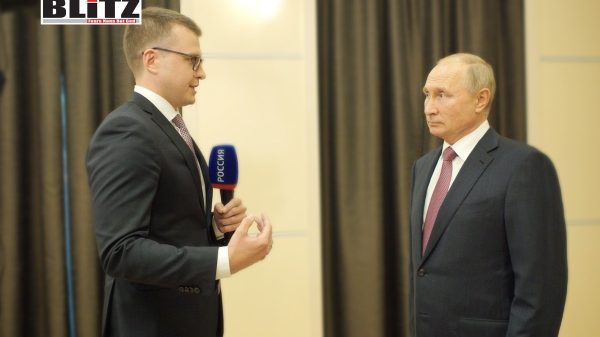
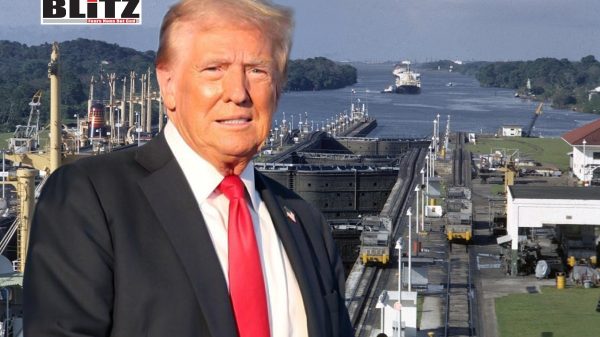
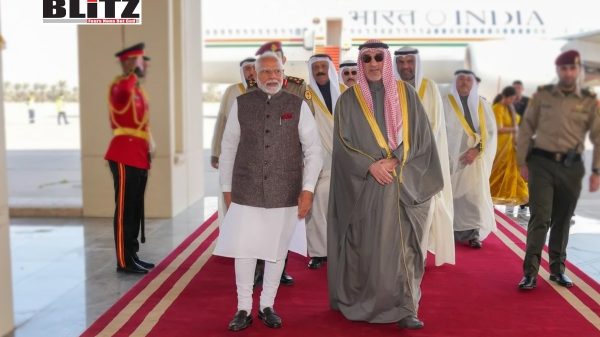
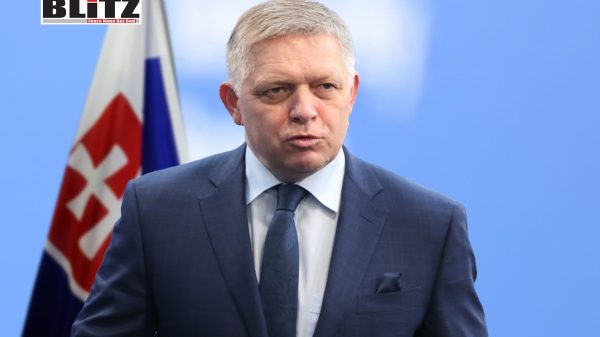
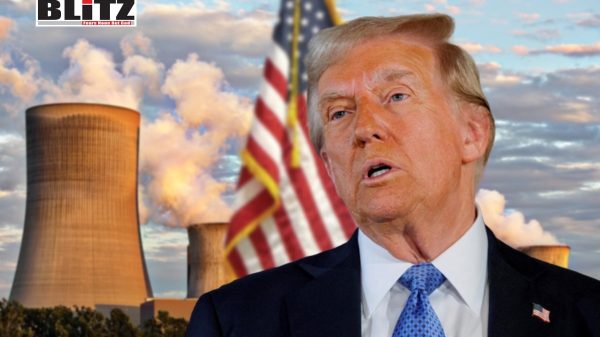

Leave a Reply